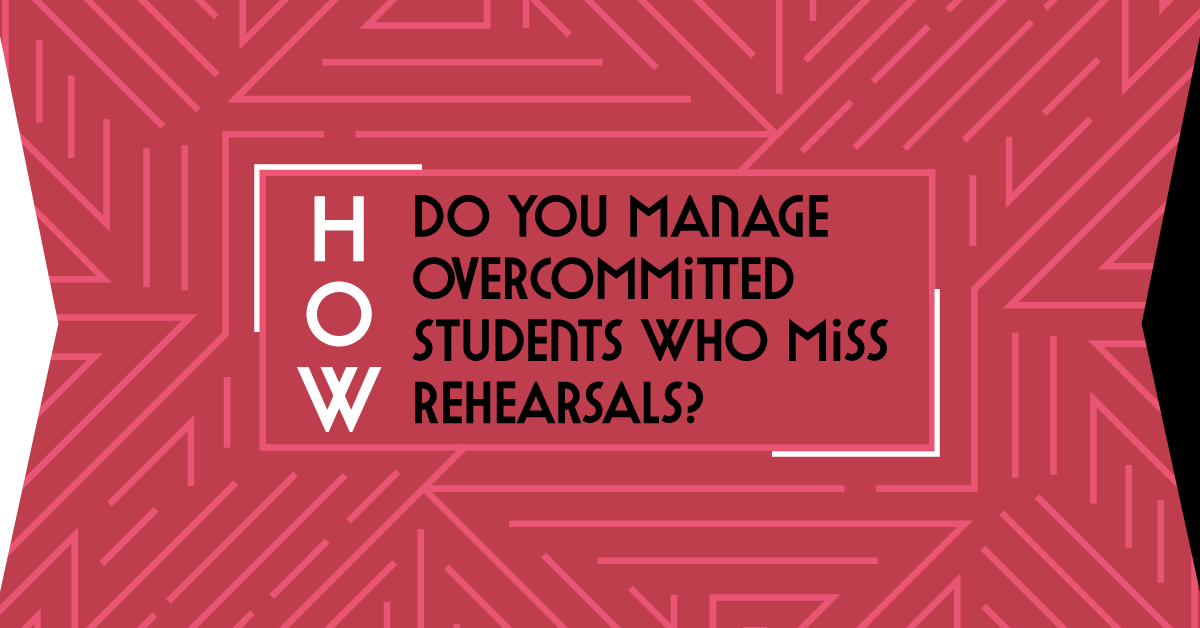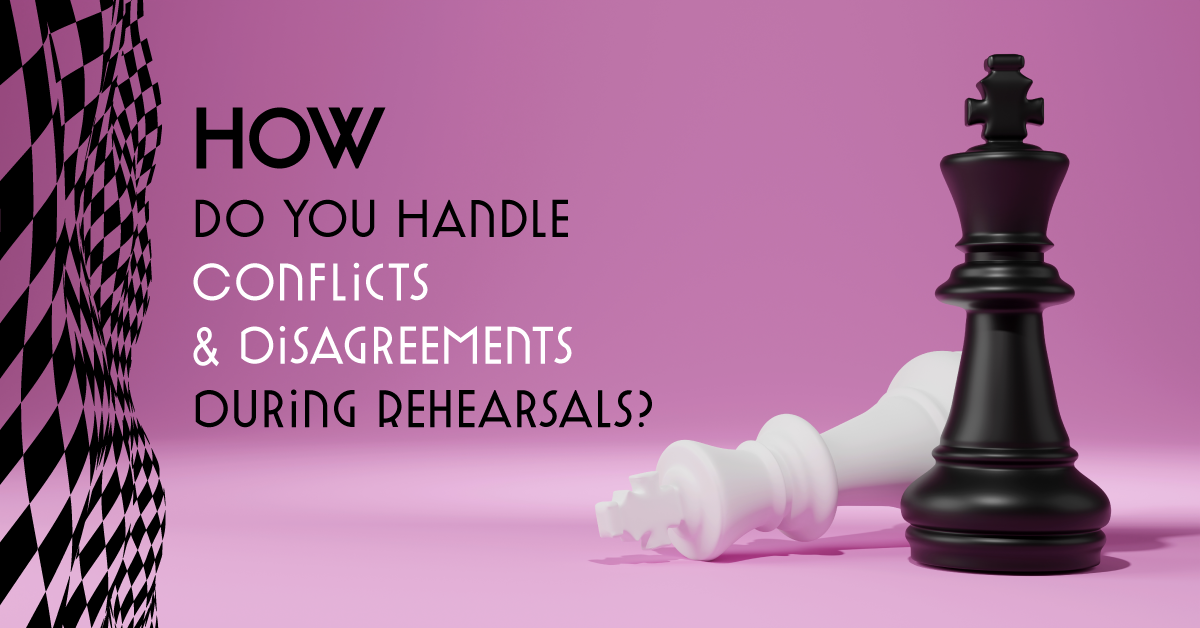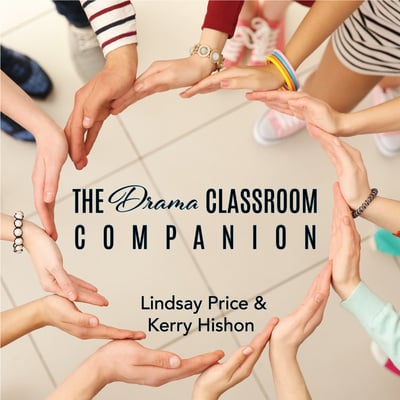How Do You Handle Disruptive Cast Members During Rehearsal?
Ever found yourself at the helm of a lively, energetic, and occasionally disruptive drama club? In search of practical strategies and teacher-tested tips to maintain positive energy and curb disruptions?
We went straight to the source to get the inside scoop from those who’ve been there: drama teachers.
We asked: How do you handle rowdy or disruptive cast members during rehearsals?
Provide alternative roles or outlets
Assuming much of the rowdiness/disruption is during their downtime, I give them a job/assignment/task, whether it’s to help design a prop, run lines with a beginning actor or struggling reader, take notes, learn the sound system, etc. But above all else, if I can’t keep the students engaged and busy with valuable contributions to the production 80% of the time I ask them to be there, then I haven’t created a very empathetic rehearsal calendar. (Barry H.)
Downtime for long periods while you block shows organically and expect students to be quiet and focused is not good for anybody. Give idle students a task if you have to focus on small group scenes. Make sure they learn when it’s almost time for their cue when backstage. I have also learned that reward gets more students onboard with behaving. So have a reward system. (JS)
Self-control, respect, and remaining on task are expectations and can be achieved. That being said, I try to remember the age of the students with whom I am working. I try not to push them past what is developmentally appropriate. We take breaks often and regroup so that everyone can refocus. Team building games really help everyone feel like they matter, whatever role they play during a production. (LB)
Establish clear expectations
I was a high school English teacher at the start of my career and quickly learned “the look.” It would stop them in their tracks. In the beginning I would also firmly and quietly say, “Not acceptable.” The kids knew they had crossed the line and I never had a problem again. (Denise H.)
We have a culture of respect. Our contract, which must be signed and turned in before auditions, lays out the ground rules for participation. Then, we have a point system, and kids who are top scorers earn tickets for friends and family. The stage manager handles all point totals. We have very few problems. (Buena HS)
It is part of their grade. Parents see that up front as well as the students. Be up front about expectations/rubric. (FG)
Implement a warning system & consequences
Repeat offenders who have already been talked to, redirected, given a chance, given tasks to combat boredom — they get the boot. Safety issues and blatant disrespect are the things that are zero tolerance for me. (Angela H.)
They would be replaced. The theatre is a dangerous place and there is too much work to do for the production to put up with that nonsense. One reason for that behavior is boredom. High school kids inclined to do that need training and a lot of responsibility. My experience is that they tend to be good leaders if given the proper direction.
(John H.)
I am there to work and so are the rest of the cast and crew. If you need a minute to collect yourself, go for it. Can't? Come back when you can. (Cherish T.)
I dismiss them from rehearsal immediately. (Lisa H.)
Call their parents to come get them. (Roberta L.)
Create a safe space
I begin with understanding needs and creating an atmosphere of safety. From there, I work to create an environment that everyone, no matter their circumstances, can enjoy the process and experience and thrive within. What many directors fail to understand is that mental health issues or neurodivergence can ignite so-called disruption in rehearsals. However, knowing how to hold space for the rehearsals to be equitable and inclusive is important because we want to build opportunities for everyone, not just those who can meet all the needs of our subjective expectations. (Traci F.)
Sometimes this is ADHD, spectrum, or neurodiverse behavior. I try to take my cues from the other young people. Are they bothered by the disturbance? Because sometimes I can’t concentrate when there’s too much disorder, but the students are fine, and sometimes I think what I am presenting isn’t holding their attention. And then, if all of that seems to not be the issue, then it’s time for a one-on-one chat, where I ask them questions such as, “If I ask you to do such and such and you don’t do it, what are you telling me?” and “If I have to ask you several more times what do you think I should do?” Then that way they are basically firing themselves if they do the behavior, assuming that they can control the behavior. (Barbara M.)
I think it starts with relationships. You build on the relationship and leverage goodwill. (TT)
Related Articles
The Drama Classroom Companion
by Lindsay Price & Kerry Hishon
The Drama Classroom Companion is filled with articles and exercises to build the skills needed for theatrical performance as well as real world skills like creative thinking, critical thinking, collaboration, and communication.
The Rehearsal Companion
by Kerry Hishon
You’ve chosen the play, paid the royalties, done the script analysis, held your auditions, and cast the show. Tomorrow is the first rehearsal. Are you ready? Really ready? The Rehearsal Companion can help!





